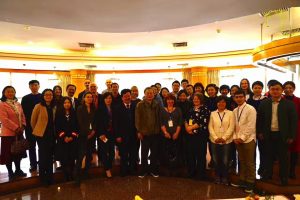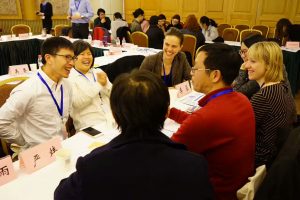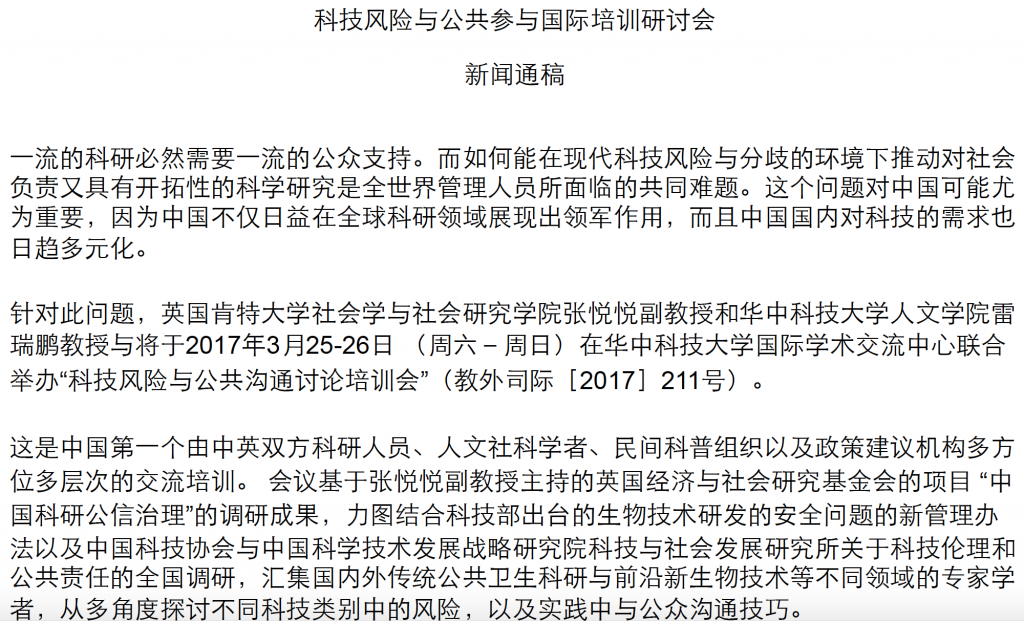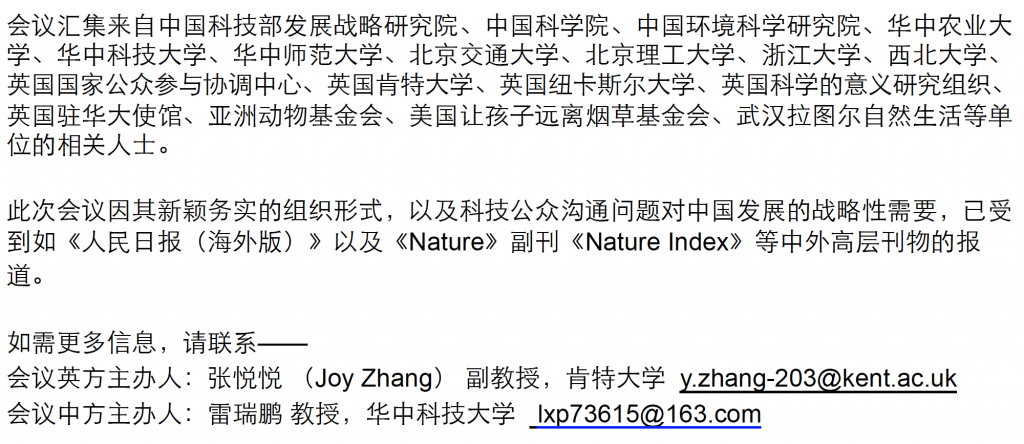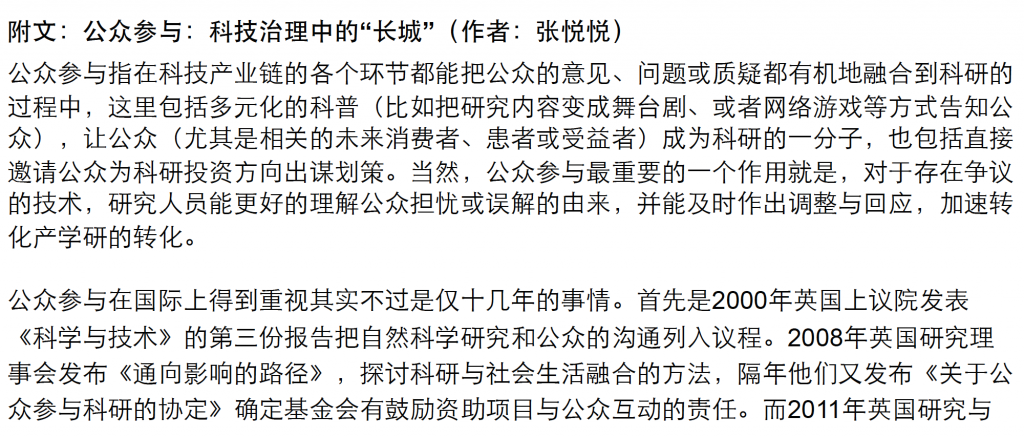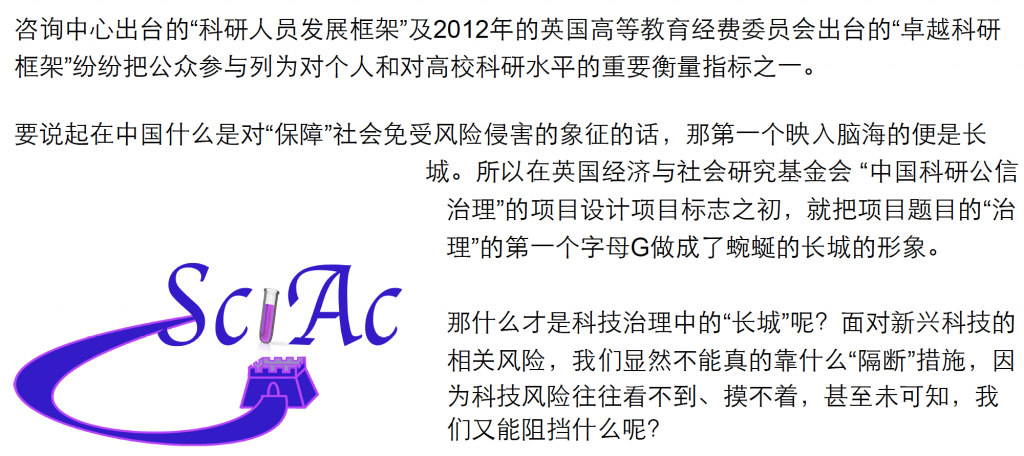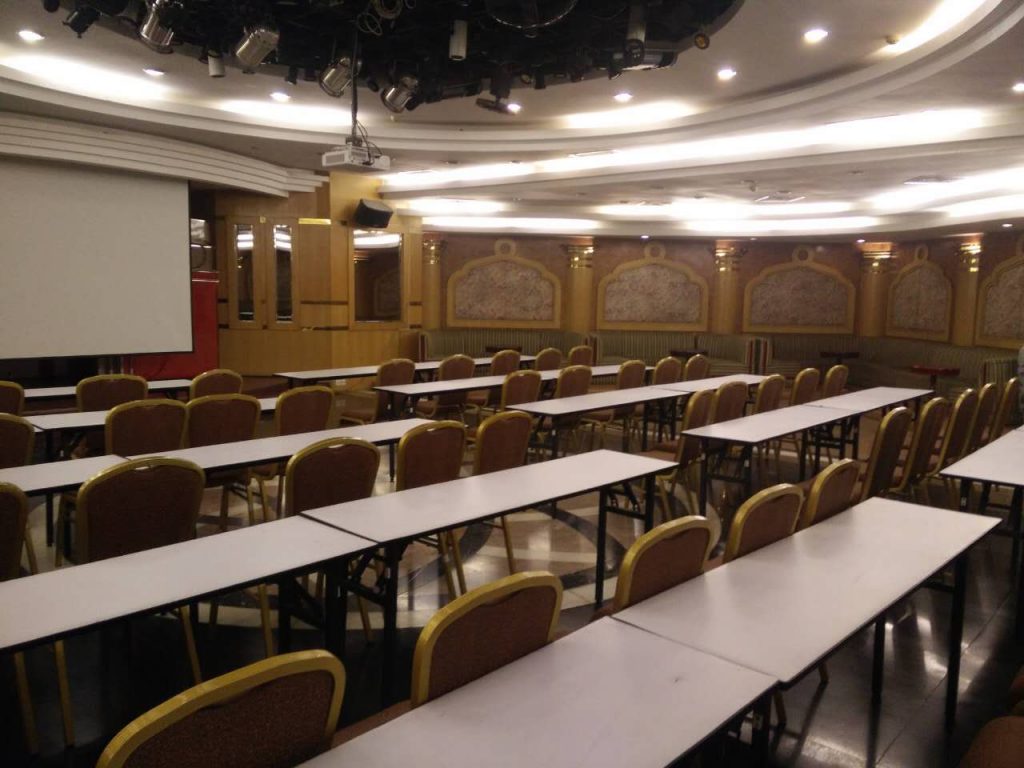Zhang, J. Y. (2017). ‘Cosmopolitan Risk Community in a Bowl: A Case Study of China’s Good Food Movement’. Journal of Risk Research, forthcoming
Abstract
Ulrich Beck fundamentally transformed our way of thinking about human interdependence through his three core theses on risk, individualisation and cosmopolitanisation. However, two commonly observed deficiencies in Beck’s grand theory were its Eurocentric orientation and a lack of empirical grounding.
Based on 5 focus groups and 14 interviews with participants of the emerging Clean Food Movement in China, this paper extends the Beckian discussion outside Europe. Through examining how individuals understand both ‘traditional’ and ‘new’ risks associated with contemporary food consumption, this paper demonstrates that in the face of unpredictable and incalculable harms, risks are not seen as a ‘thing’, but are translated into ‘causal relations’. Subsequently, for Chinese stakeholders, the best way to safeguard food risks is to enact more visible and functioning interdependent relations in the food system. This in turn has given rise to new forms of communities which cut across conventional geographic, socio-economic and political boundaries.
The paper deepens a Beckian theorisation in two ways. First, it demonstrates that the ‘enabling’ effect of risk towards a cosmopolitan society is not limited to obvious global crises, such as climate catastrophes or financial meltdown. In fact, the mundane yet intimate concern of putting ‘good’ food in one’s dinner bowl already presses actors to form new social solidarities that are cosmopolitan in nature. Second, it goes beyond Beck’s assertion that the risk society has culminated in a cosmopolitan moment, and explores how a performative cosmopolitan community reshapes the ‘relations of definition’ to mitigate risks on the ground

